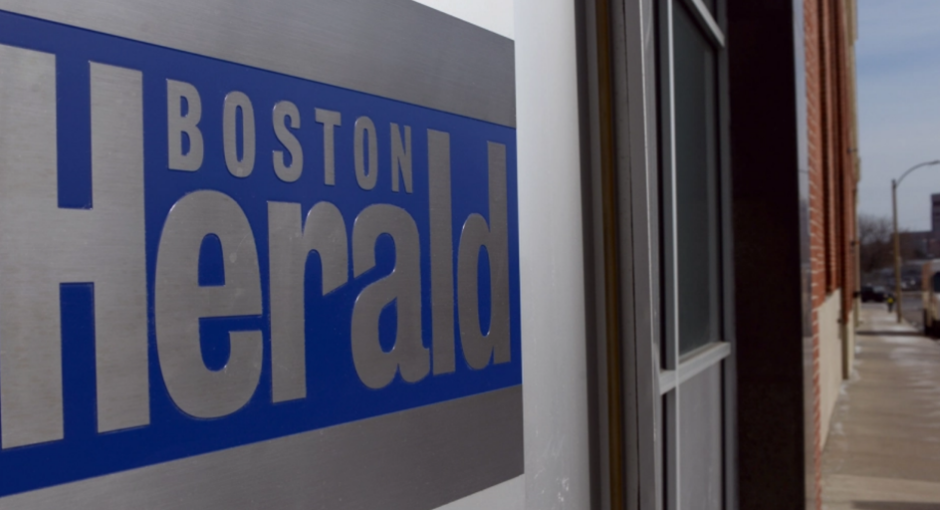The debate over 340B’s purpose recently spilled over into a Boston newspaper and nationally.
In a March 30 op-ed in the Boston Herald, Peter Pitts, a former U.S. Food and Drug Administration (FDA) official under President George W. Bush and drug industry consultant, said the program’s “original goal was to make brand-name drugs more affordable for uninsured and low-income populations.”
“Instead, in recent years, pharmacies and hospitals have abused 340B discounts to boost their own profit margins,” Pitts said. “A hospital can obtain an expensive medicine at a dramatically discounted rate, charge the patient’s insurer the full sticker-price, and pocket the difference.”
Hospital group president and CEO Maureen Testoni challenged Pitts’ description of 340B’s intent and his allegations of program abuse in a letter to the Herald’s editor yesterday.
Pitts “grossly misrepresents the statutory purpose” of 340B, she said, as “merely to provide lower-priced drugs to ‘uninsured and low-income populations.’”
“340B hospitals do provide patients in need with free or low-cost drugs, but the congressional intent for 340B is much more comprehensive,” Testoni said. Savings from 340B drug discounts supports “expanded care for millions of low-income patients and those who live in rural communities where care is scarce,” she said.
Pharmaceutical Research and Manufacturers of America (PhRMA) last week, in its legislative and regulatory agenda for the post-COVID era, also argued that although 340B “was originally created to serve as a safety net for low-income and uninsured patients,” it now “generates billions in profits for some hospitals and for-profit pharmacies with little to no transparency into where the money is going.”
“We must pursue policies that preserve 340B for patients that need it through greater oversight and transparency into the program to ensure that hospitals and other entities are using the discounts to serve needy patients and not siphoning resources away from patients,” PhRMA said.


